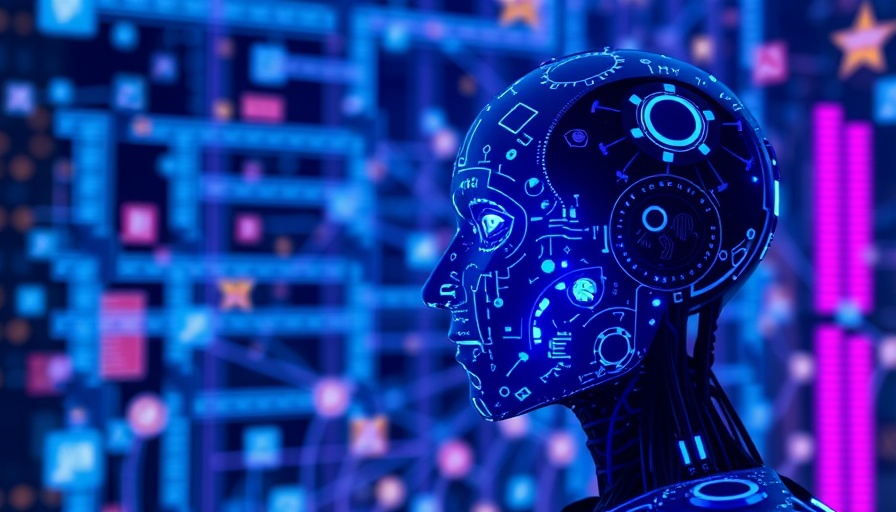
Understanding AI and Copyright in the UK
The UK government has recently stirred controversy by signaling it will not compel tech firms to disclose how they train their artificial intelligence (AI) models. This decision, rooted in an ongoing debate about art and copyright, raises significant questions about transparency in AI development and the implications for creative industries. Industry figures, including campaigners who represent artists like Paul McCartney and Elton John, argue that this lack of accountability undermines rights that creatives have fought hard to protect.
The Battle for Transparency: Why It Matters
Last week, members of the House of Lords voted in favor of an amendment to the data bill that would require AI companies to reveal the copyrighted material used in training their models. However, the government dismissed this request. Critics like Beeban Kidron argue that the government is ignoring the voices of creators and endangering the foundation of a vibrant creative sector, which contributes approximately £126 billion to the UK economy.
What Are the Implications for AI Practitioners?
For anyone learning about AI, from beginners to seasoned tech enthusiasts, the implications of this government stance are profound. Understanding how AI models are trained is crucial for grasping the overall principles of artificial intelligence. Without transparency, grappling with fundamental concepts such as deep learning and machine learning becomes convoluted. This isn’t just about protecting artists; it’s about establishing a foundational respect for ethical standards in AI development.
Future Trends in AI Development
As we move towards 2025 and beyond, the landscape of AI is set to evolve. The need for clearer regulations and ethical guidelines is more pressing than ever. If the UK government continues on this path without proper checks, other countries might follow suit, potentially risking the quality and integrity of AI technologies. For those starting out in the field, following these developments is essential for understanding the ethical implications of the technologies they're learning to develop.
Responsibility of the Tech Sector
Moving forward, the responsibility lies not just with lawmakers but also with tech companies to embrace transparency. AI education resources must include discussions around ethical AI practices. This includes understanding not only the capabilities but also the societal impacts and responsibilities engineers hold with their creations. By fostering a transparent dialogue about AI, the tech industry can prevent future mistrust and backlash.
In this climate of rapid AI advancement, it's crucial to educate ourselves on the fundamentals of artificial intelligence. By grasping the AI basics, including machine learning fundamentals and deep learning basics, we can better navigate the challenges ahead.
 Add Row
Add Row  Add
Add 




 Add Row
Add Row  Add
Add 



Write A Comment